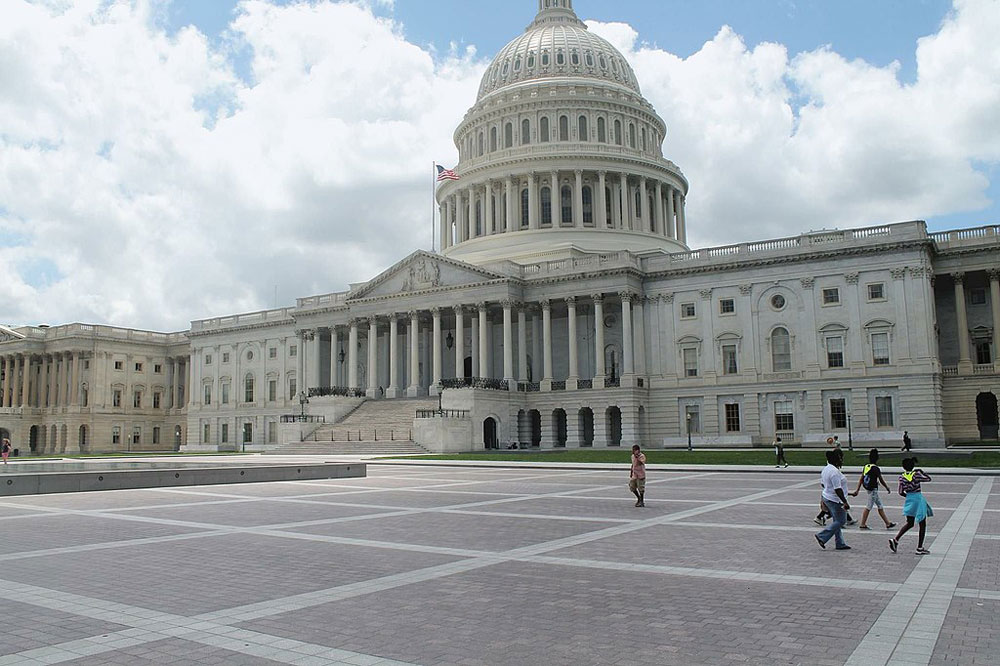May 2, 2011; Source: Portland Business Journal | The nonprofit consumer group, Economic Fairness Oregon, has released a study that shows that lending to small businesses in Oregon has declined 54 percent between 2007 and 2010, even while big lenders were benefiting from the bailout.
The report details the SBA loans made by the big banks:
- U.S. Bank made 535 loans in 2007, but only 159 in 2010 – a 70 percent decline.
- Bank of America made 77 loans in 2007. In 2010, it made just 6.
- Washington Mutual made 80 loans in 2007, but after JP Morgan Chase’s acquisition of the bank, it made just 42 in 2010.
- Between 2007 and 2010, U.S. Bank’s total assets increased 20 percent, but the bank decreased SBA loans in Oregon by 70 percent. At the same time, Oregon’s Albina Community Bank saw assets decrease 20 percent, yet the bank increased its SBA loans 21 percent.
The report linked that decline roughly to a big increase in unemployment (5.2 percent in January 2008 as compared with the current 10 percent) and contrasted the lending drop off in Oregon to North Dakota, saying:
Sign up for our free newsletters
Subscribe to NPQ's newsletters to have our top stories delivered directly to your inbox.
By signing up, you agree to our privacy policy and terms of use, and to receive messages from NPQ and our partners.
“Oregon has the ability to choose where, and with whom, it invests its resources. As the economic collapse and resulting financial strain of the last few years has shown us, the traditional approach of handing Oregon money to big, out-of-state banks has become a risky and costly endeavor. Wall Street banks take our state resources and use them to help leverage their own massive paychecks and outrageous bonuses. Instead of shipping our financial power across the country, we should turn to investing it locally.
The Bank of North Dakota is a prime example of how a state-based financial institution works to protect and foster local economies even in the worst of times. Alone among states, North Dakota had the wherewithal to keep credit moving to small businesses when they needed it most. BND’s business lending actually grew from 2007 to 2009 (the tightest months of the credit crisis) by 35 percent. Currently, loan amounts per capita for small banks in North Dakota are fully 175 percent higher than the U.S. average over the last five years.”
Nonprofits make many contributions to the economic health of this country but one of those contributions is in producing these types of reports, which clarify the trends that are extending the economic distress of local communities. —Ruth McCambridge













